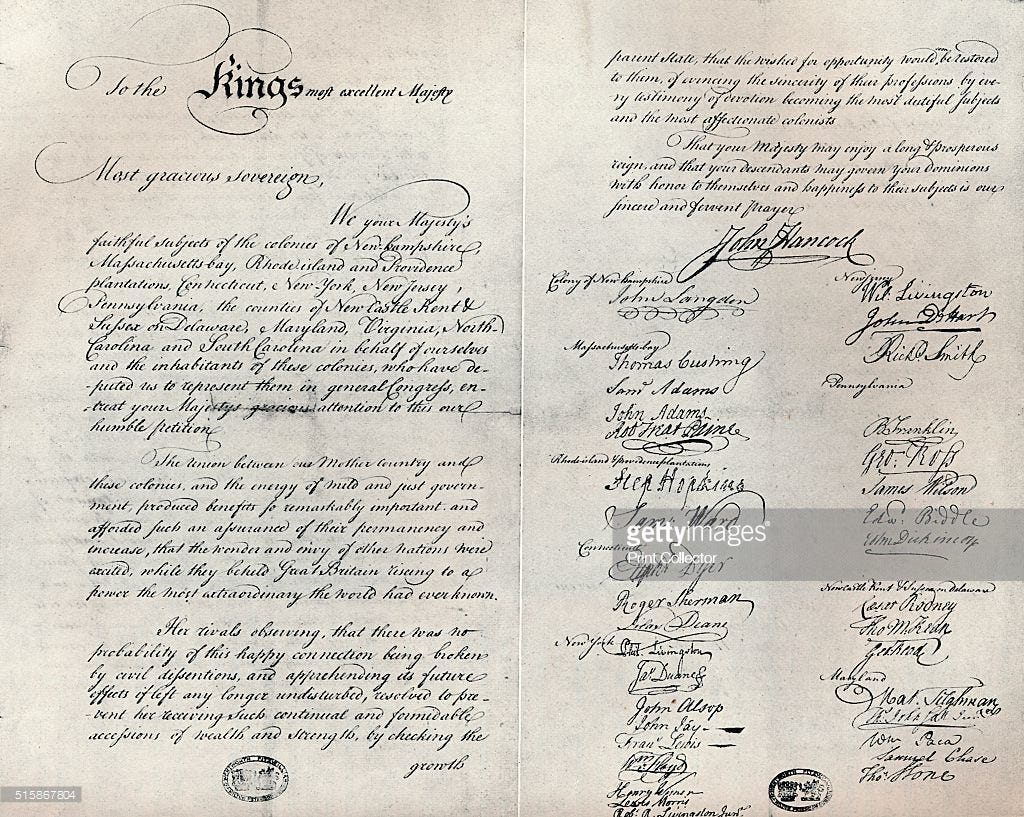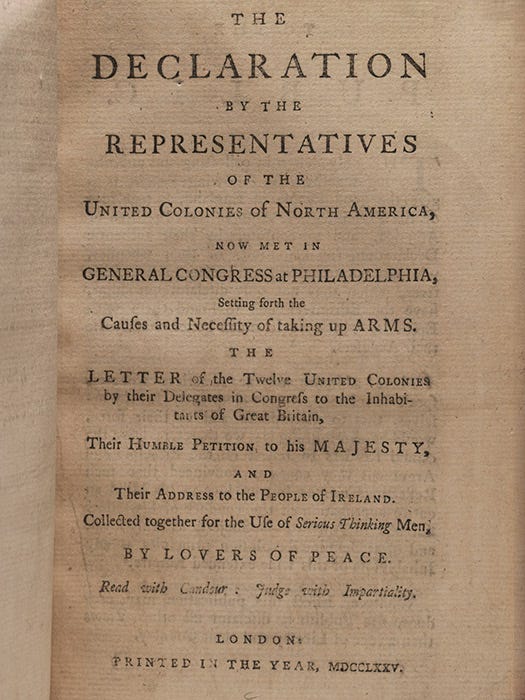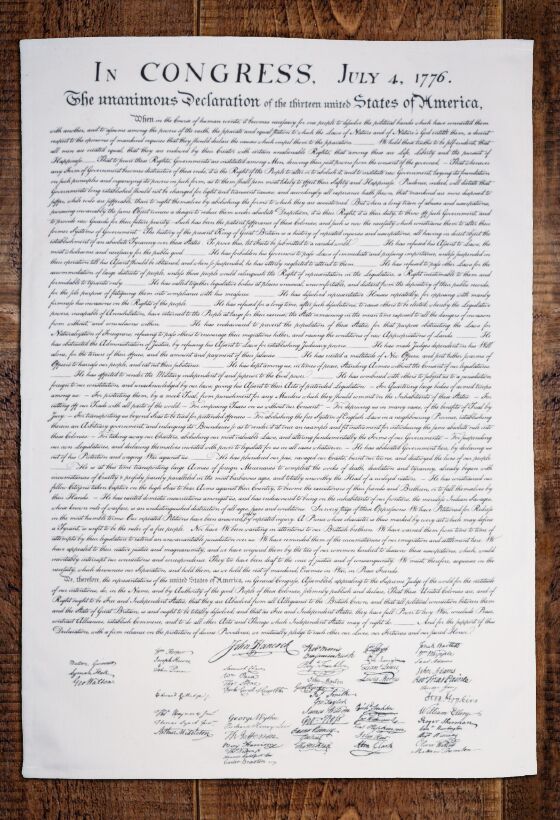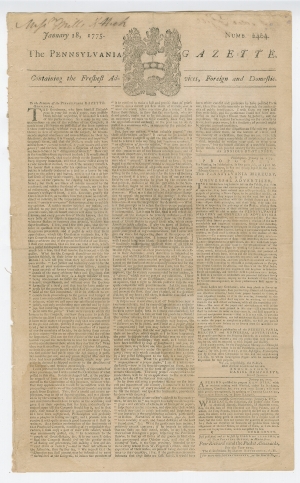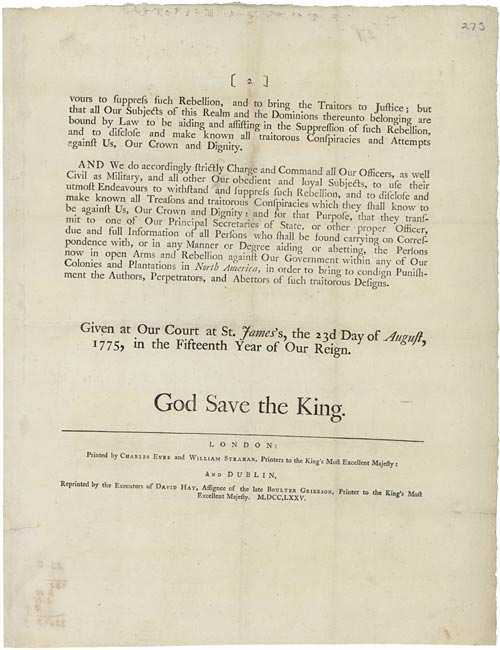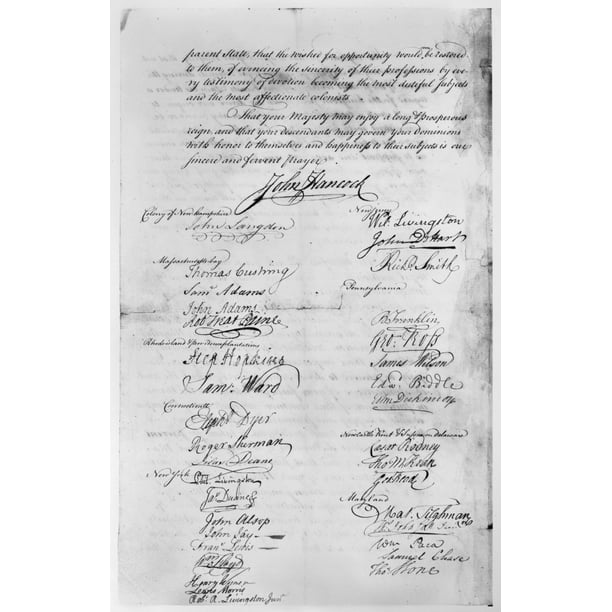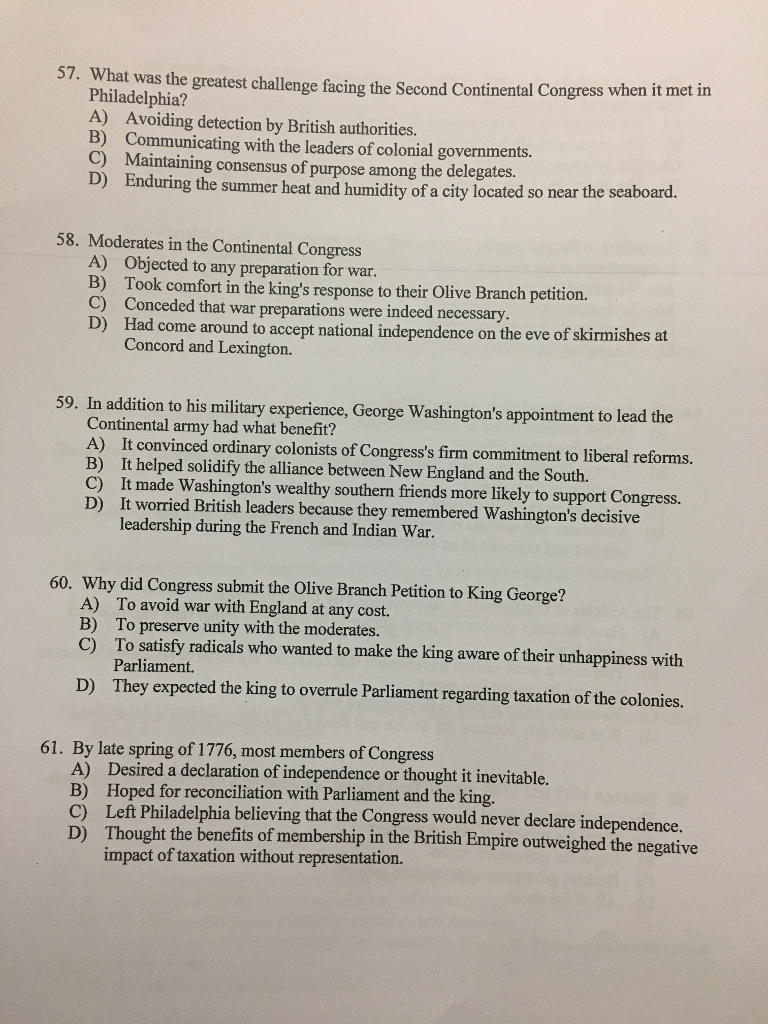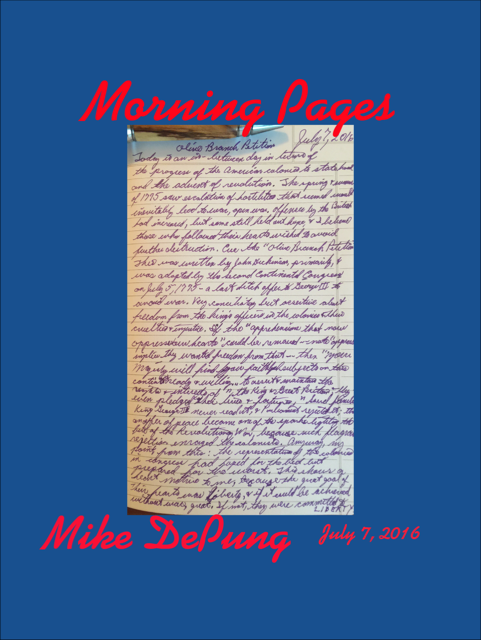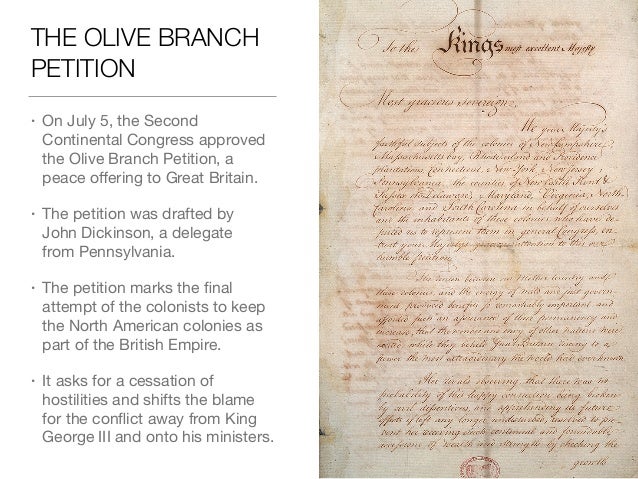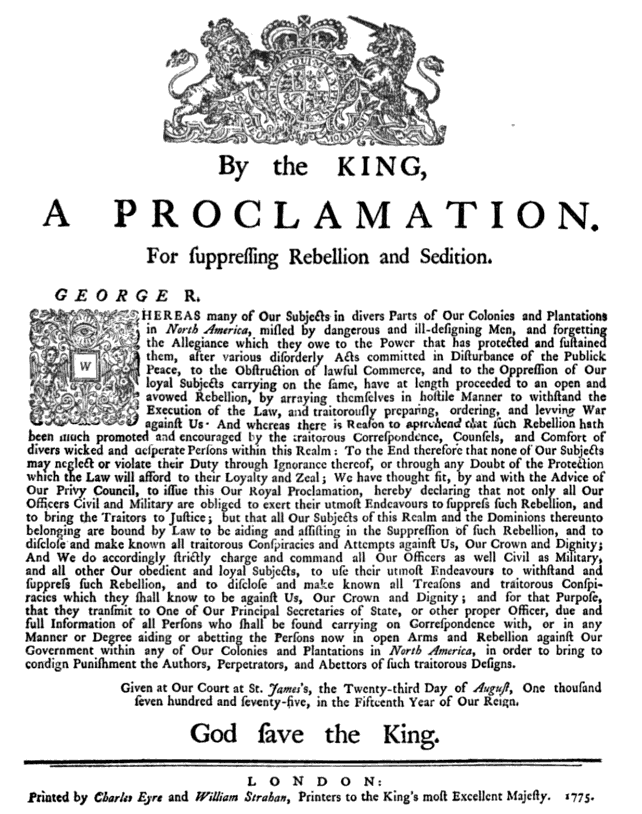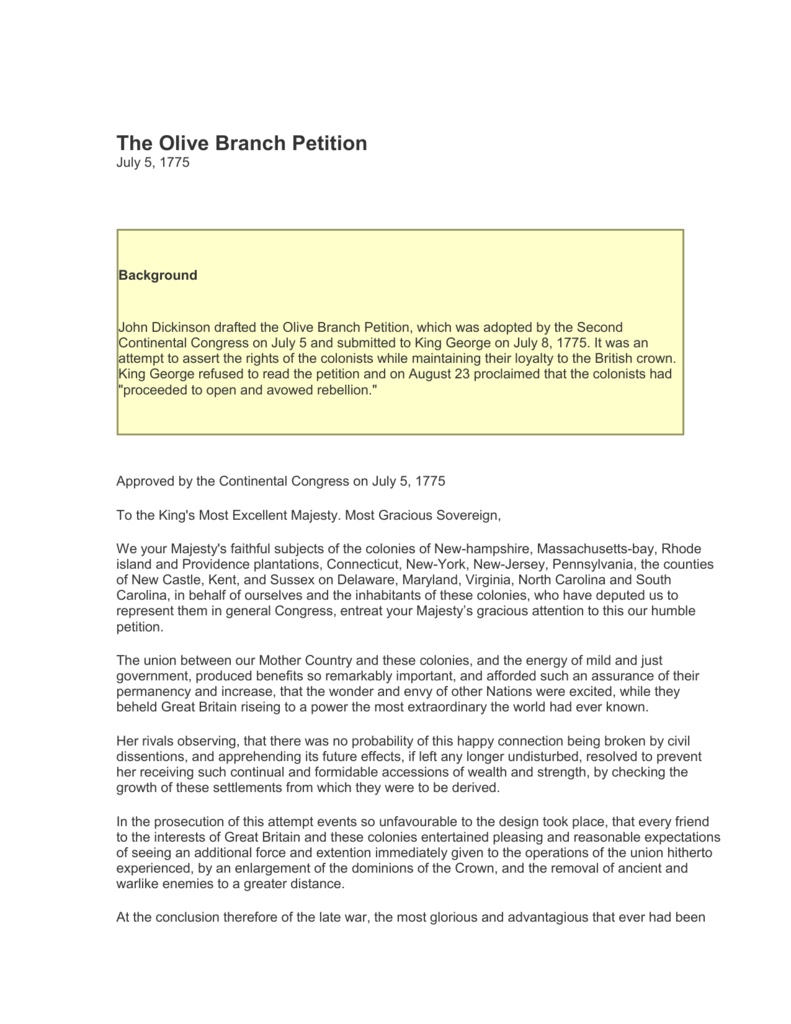British Response To Olive Branch Petition

The congress had already authorized the invasion of canada more than a week earlier but the petition affirmed american loyalty to great britain and beseeched king george iii to prevent further conflict.
British response to olive branch petition. King george s response to the olive branch petition read by john hancock in the continental congress. While george iii did not respond to the olive branch petition he did react to the petition by declaring his own proclamation of rebellion. The olive branch petition was a final attempt by the colonists to avoid going to war with britain during the american revolution. It was followed by the july 6 declaration of the causes and necessity of taking up arms howev.
Dickinson who hoped desperately to avoid a final break with britain phrased colonial opposition to british policy as follows. Now that the reality was known most colonists felt reconciliation would be impossible. It was a document in which the colonists pledged their loyalty to the crown and asserted their rights as british citizens. The king s response to the olive branch petition struck a hard blow against the colonists especially those who wanted to stay in peace with britain.
Congress adopts olive branch petition. September 01 king george refuses olive branch petition richard penn and arthur lee representing the continental congress present the so called olive branch petition to the earl of dartmouth on. The olive branch petition was adopted by the second continental congress on july 5 1775 and signed on july 8 in a final attempt to avoid war between great britain and the thirteen colonies in america. King george s response to the olive branch petition on august 21st penn and lee presented a copy of the letter to lord dartmouth who was the secretary of state for the american colonies.
The olive branch petition was adopted by congress on july 5 1775.
